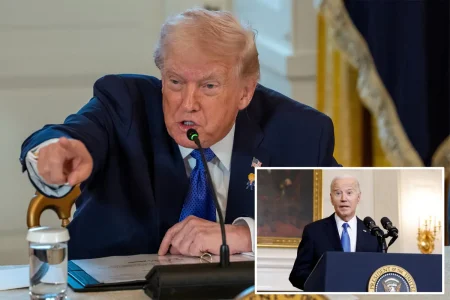UN Security Council’s Endorsement: A Framework for Global Cooperation
The United Nations Security Council’s recent endorsement provides a crucial foundation of international legitimacy for the proposed plans. This formal backing serves as an essential framework that will help convince nations worldwide to participate in and support the implementation process. The Council’s approval signals to the global community that these initiatives have been vetted at the highest diplomatic levels and merit collaborative action.
With this endorsement in place, diplomats and officials now have a powerful tool for building consensus among diverse countries. The Security Council’s support transforms what might otherwise be seen as optional or controversial proposals into internationally recognized priorities with the weight of the UN system behind them. This legitimacy is particularly valuable when approaching nations that might have hesitations or competing interests, as it establishes a common ground for cooperation beyond bilateral relations.
The scaffolding of legitimacy provided by the Security Council creates pathways for meaningful participation from countries of all sizes and regions. Smaller nations that might otherwise feel pressured by larger powers can now engage with these plans within the context of multilateral cooperation rather than direct pressure. Similarly, regional powers can frame their involvement as contributing to global governance rather than pursuing narrow self-interests. This inclusive approach is essential for building the broad coalition needed for successful implementation.
Looking ahead, this international backing will be critical during inevitable moments of disagreement or implementation challenges. When obstacles arise, as they invariably do in complex international initiatives, the Security Council’s endorsement serves as a reference point reminding participants of their shared commitments. This foundation helps prevent temporary setbacks from derailing the entire process and provides a mechanism for resolving disputes within an established framework rather than through fragmented bilateral negotiations.
The legitimacy conferred by the Security Council also opens doors to resources and technical assistance that might otherwise remain inaccessible. International financial institutions, specialized UN agencies, and development partners often align their programming with Security Council priorities, creating a multiplier effect for implementation efforts. Countries participating in these plans can now potentially access coordinated support packages that combine diplomatic, financial, and technical assistance rather than navigating multiple disconnected processes.
Perhaps most importantly, this international scaffolding transforms the narrative around these plans from optional considerations to shared global responsibilities. The Security Council’s backing elevates these initiatives beyond particular national interests to become part of our collective approach to international challenges. As implementation moves forward, this sense of shared ownership and responsibility will be essential for sustaining momentum through leadership changes, competing crises, and the natural evolution of international priorities. The foundation of legitimacy established today will determine whether these plans become lasting solutions or temporary diplomatic exercises.










